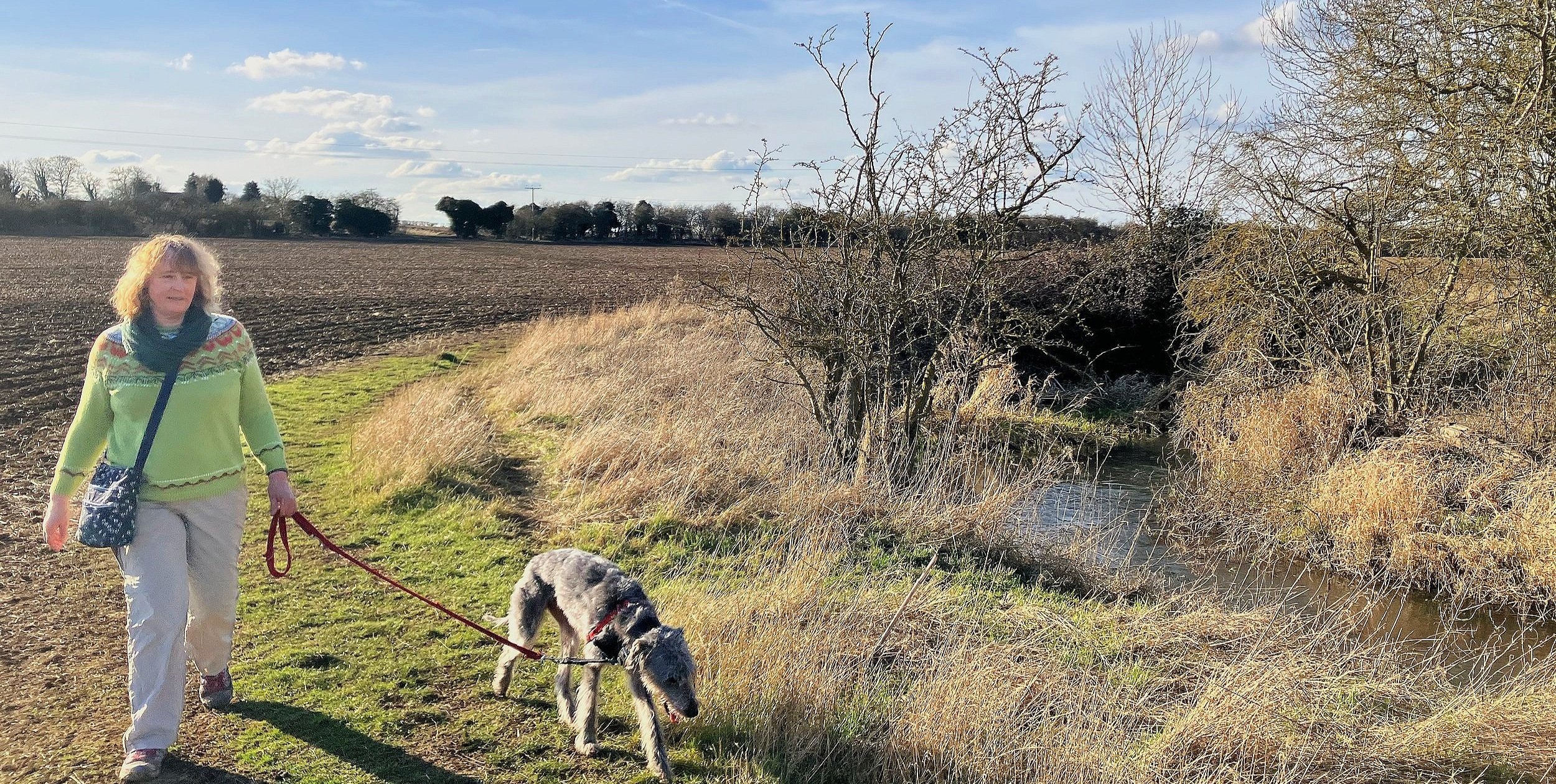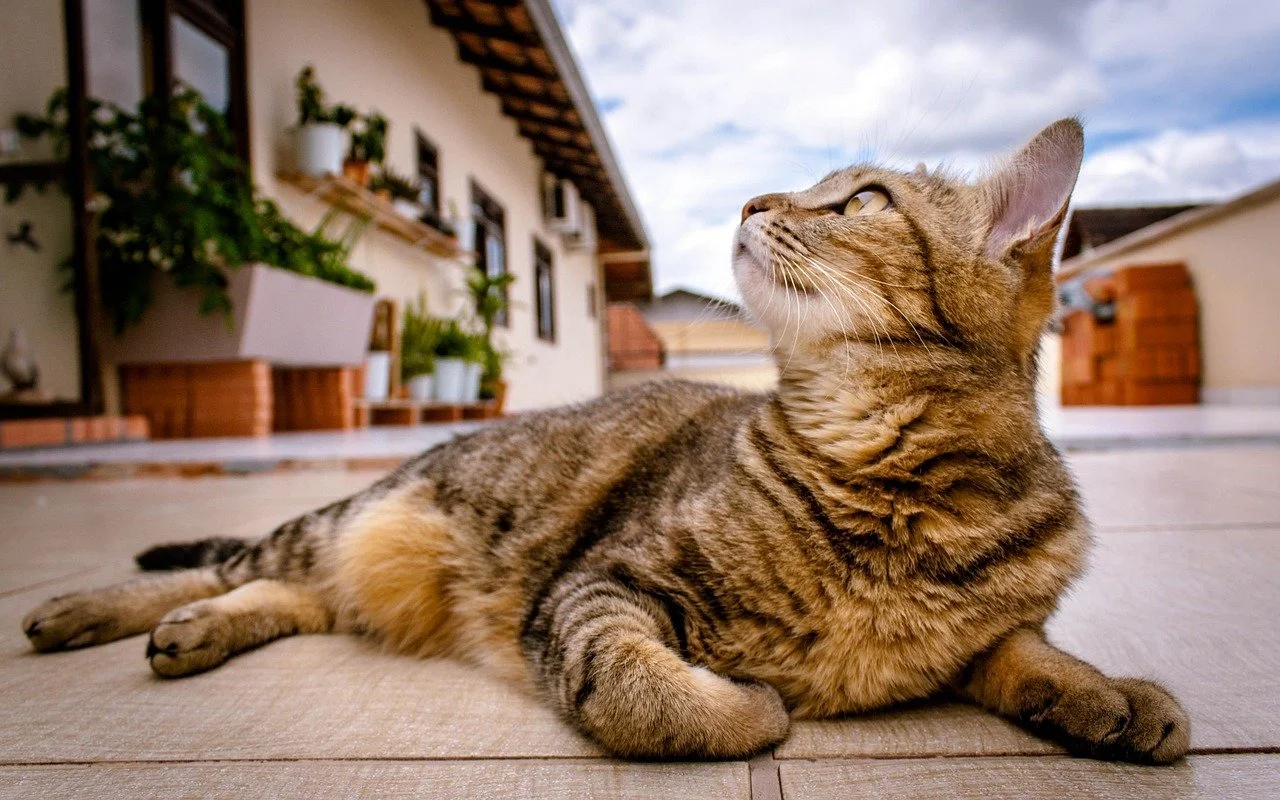
The Society for Companion Animal Studies
Promoting the study of human-companion animal interactions and raising awareness of the importance of pets in society, since 1979.
Providing resources for evidence-based best practices in human-animal interactions.
We consistently strive to enhance the well-being of people and animals by promoting and supporting their interactions to our members, practitioners and researchers in the field, healthcare professionals, the animal welfare sector and anyone interested in companion animals and the many ways they enhance health and well-being.
-

Pets & Housing
The hidden anguish of tenants forced to choose between housing and keeping their pets, and what can be done.
-

Human-Animal Bond
There is increasing evidence of the supportive role pets play for people, including benefits for physical health and for ageing.
-

Funding Opportunities
Regularly updated list of funding opportunities in the human-animal interaction and companion animal welfare space
